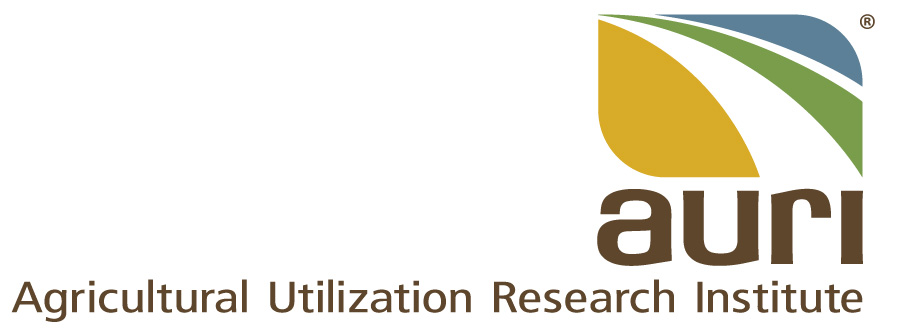Access to technical advice, state of the art equipment and funding options can be difference makers for the next generation of innovators looking to grow their companies to create jobs in the food and agriculture sector and bring revenue into the region.
That is why the Agricultural Utilization Research Institute (AURI) is continuing the Entrepreneur in Residence Program (EiR) in 2022.
Founded in 2016, the EiR is a comprehensive program designed to catalyze and support small businesses and entrepreneurial innovation in value-added agriculture throughout the upper Midwest that brings benefit to Minnesota. Qualified entrepreneurs selected to participate will benefit from the direct use of AURI’s laboratories and equipment, as well as the organization’s expertise in its focus areas of food, coproducts, renewable energy and biobased products. Some participants may be eligible to receive a small stipend for qualified expenses related to participating in the program.
The EiR program is open to businesses organized under the laws of Minnesota or with a principal place of business in the state. Those expected to benefit the most from the program are pre-revenue, small or individual businesses, although AURI may consider others depending on circumstances.
The program can also provide support to entrepreneurs in their efforts to obtain non-dilutive funding through grants from federal, state and other public or private entities. While some research and development grants may not allow financing for laboratory space and facilities, or may require matching funds, AURI can help increase the likelihood of grant awards by providing qualified entrepreneurs with a source of in-kind match funding.
“We are excited to continue the Entrepreneur in Residence program and continue our important work helping food and agricultural entrepreneurs with product and process development, analytical testing, market assessment and myriad other decisions that face entrepreneurs who are ready to scale up their businesses,” said Dr. Luca Zullo, AURI’s Senior Director of Science and Technology. “This program fits a need in the entrepreneur community. Access to equipment, facilities and expertise can be cost prohibitive to many at the earliest stage of any venture. Our aim with the EiR is to reduce this cost allowing innovators to focus on investing what they have (sweat-equity and ideas) rather than what they do not (hard cash).”
The ideal candidate for the program will possess both technical expertise and a basic understanding of laboratory operations and equipment use. To optimize the use of limited laboratory and staff resources, AURI will limit the number of concurrent EiR projects, with a preference for residencies of no more than eight months. To be eligible for AURI’s services, EiR candidates must benefit Minnesota’s agricultural sector while demonstrating the potential for positive impact on Minnesota’s economy.
Program candidates must also demonstrate the capacity and intent to continue commercializing their idea upon residency completion. Finally, EiR candidates must provide a work plan, as well as a business plan with a budget that reflects an ability to support the project during residency, and its strategy to continue its funding beyond EiR.
For more information about the EiR, or to request an application, email EiR_request@auri.org or visit AURI.org.
About AURI
The Agricultural Utilization Research Institute’s mission is to foster long-term economic benefit through value-added agricultural products. It accomplishes this by using science and technology to help develop new uses for agricultural products. It partners with producers, businesses and entrepreneurs to generate economic impact in Minnesota communities by helping businesses take advantage of innovative opportunities in four focus areas: biobased products, renewable energy, coproducts and food. AURI provides a broad range of services, including applied research and development, scientific assistance and a targeted network of resources to develop value-added uses for crops and coproducts.
###

